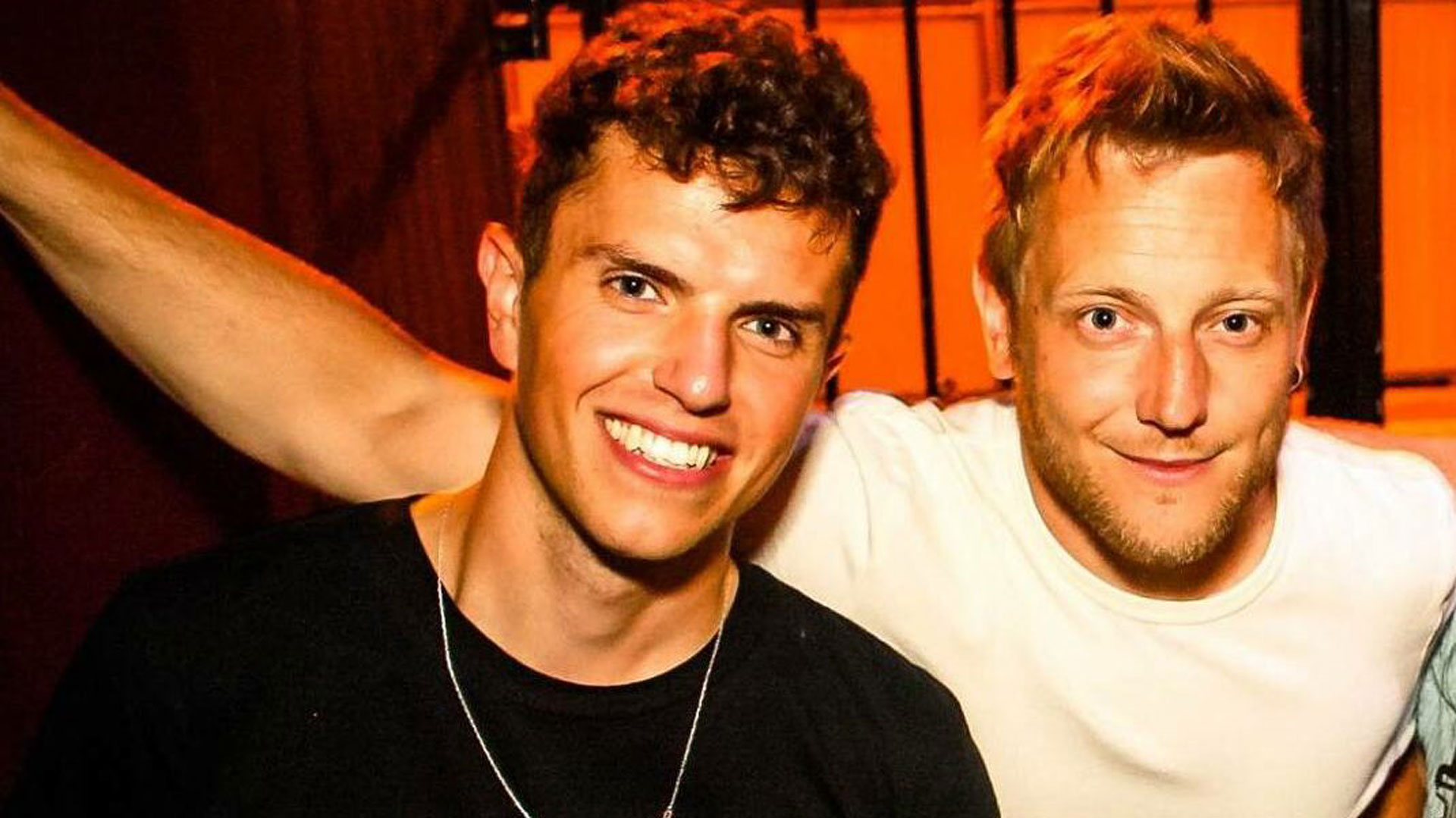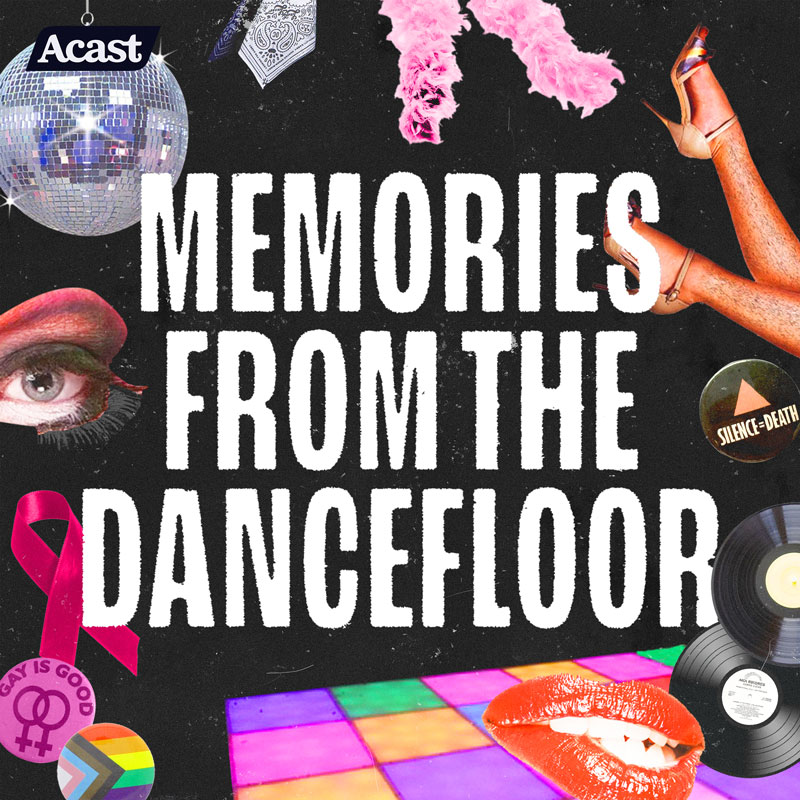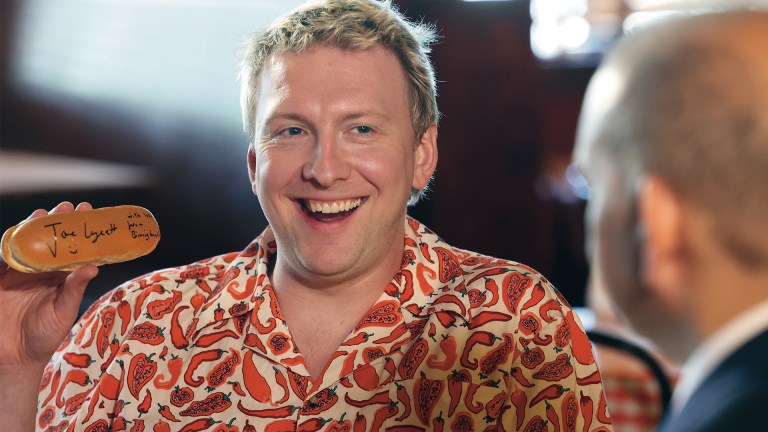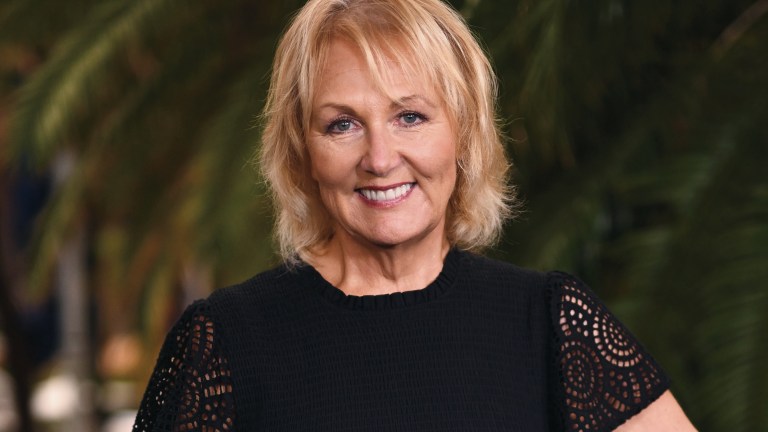My friends and I walked up the street towards Pepes, Derry’s only gay bar. None of us talking as we relayed the dates of birth on our IDs over in our heads, terrified if we stalled the bouncers would suss us out and that would be the beginning of the end.
I was 15. There was a dull bassline coming from inside the bar. “Date of birth, please?” “17th April 1987”… meaning I had just turned 18 a few weeks before. I knew that he knew, but he recognised that for many young people my age growing up gay in Northern Ireland this was not just a gay bar, it was our refuge.
Pepes is where, for the first time, I was excited about being gay. It made me want to be gay. I felt like I had finally found my people. Not just a few, but a thumping two-storey dance club full of them – openly and happily living their best gay lives. These people had the potential to be new friends and lovers. Indeed, over the years Pepes provided an abundance of both.
The decline of gay spaces
In the past 10 years the number of LGBTQ+ venues in London has fallen from 125 to 53, according to a study by University London College, commissioned by London’s night czar Amy Lamé. That’s a net loss of 58 per cent of queer spaces. Since the study was released, there’s been a lot of talk about the demise of the British gay bar. Of how queer spaces are disappearing or seriously under threat.
Journalists Alim Kheraj and Patrick Strudwick have voiced their opinion, and there has been uproar from the community who have rallied to form support groups such as We are the Black Cap to campaign for the re-opening of the Camden boozer and Friends of the Joiner Arms to save their beloved central-London institution.
Gay bars first began popping up in the 20th century as sanctuaries from the oppressive policing and heteronormative culture. They were one of the only places the LGBTQ+ community could express their sexuality and gender identity without (much!) fear of persecution. These were places where the queer community, in its many flavours, mingled and met for sex, companionship, and activism.











